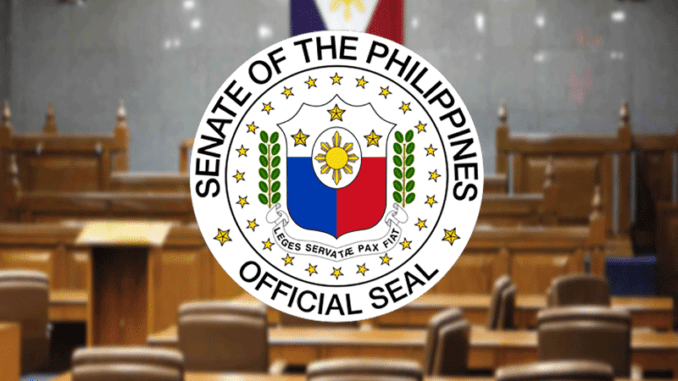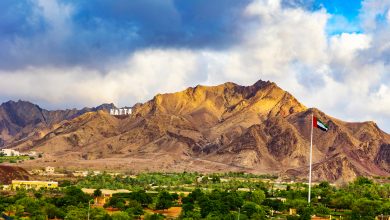Senators have expressed their support to Cebu Province’s swab testing upon arrival policy for overseas Filipino workers and returning Filipinos.
The current national policy requires arriving Filipinos to be quarantined for 14 days and to be tested on seventh to eight-day.
Senate President Tito Sotto said that he strongly supports Cebu’s testing and quarantine facility, as the IATF guidelines cause additional burden to inbound Filipinos.
Sen. Risa Hontiveros also commended Cebu’s decision to come up with its own policy in testing and quarantine OFWs. “I am certain they have taken into account their situation, as well as the plight of our OFWs, before coming up with these measures,” Hontiveros said.
Senators Bong Revilla and Joel Villanueva also support Cebu’s policy for arriving Filipinos.
Villanueva called the policy not only ‘sensible’ and ‘science-backed’, but also money efficient for the government and inbound Filipinos.
“It is a kind of health checkpoint that spares OFWs of the hassles of quarantine. It saves them time and money, both of which are better spent with and for their families,” he said.
Villanueva also laments that the government spends a lot on the mandatory quarantine of returning OFWs. “If we adopt Cebu’s approach as national policy, the government will be saving billions of pesos a year. Just think how many vaccines that can buy,” he said.
Meanwhile, Sen. Richard Gordon has asked the Inter-Agency Task Force (IATF) to reconsider the 14-day mandatory quarantine for overseas Filipino workers (OFWs). He said the two-week mandatory quarantine can be burdensome for returning passengers.
The senator said it’s better if the government can shorten the quarantine from 14 days to 7 days.
He added that one week quarantine is enough and allow passengers to return to their families and continue home quarantine.
“Conversely, those found positive will undergo the standard protocols of isolation and/or treatment,” Gordon said in a statement.
The senator also proposed to open areas under bubble tourism to revive the economy.




